Wilderness book club: Desert Solitaire – A season in the Wilderness
The book ‘Desert solitaire’ written by Edward Abbey is an amazing combination of adventure writing with a bold dedication to preserving the wild lands of America. Abbey´s essays show that a desert area can be just as impressive as a forest or stretch of coastline. Desert Solitaire stands as a warning that we must protect and conserve Wilderness and wild lands before they’re lost forever to progress.
Edward Abbey, the desert anarchist
The mere existence of a highway is already pollution, Abbey said, so spraying garbage on trash is not a sin.
Then he tossed the beer can out the window of his 5-liter V8 car.
Edward Abbey was an anarchist, an environmentalist and an environmental writer. He was one of the most important environmental writers in American history. Edward Abbey was born in 1927 and grew up in the Appalachian Mountains, but chose the endless desert of the American Southwest as his home. He served in the II. in World War I, he studied philosophy in Albuquerque and eventually became a ranger. Abbey wrote about the desert, the destruction of the desert, the open-cast mines, the uranium mines. He wrote a lot and well. Already in his life he was said to be the Thoreau of the South West. He hated mass tourism, calling national parks the National Parking Lot.
A season in the Wilderness
Abbey´s book ‘Desert solitaire: A season in the Wilderness’ captures the strict beauty of Arches National Park. Arches National Monument in Utah, near Moab has the densest concentration of natural stone vaults in the world. It has than 2,000 documented arches and peaks, balanced rocks and fins. The landscape began as a sandy seabed about 65 million years ago. The combination of sedimentary, uplifting, and erosive forces bulged, cracked, and eroded the delicate and astonishing formations. The longest of the arches is 306 feet (93 m) ; the maximum balanced rock mass is 3577 tons.
Abbey’s book describes the two seasons (1956–57) he spent as a park ranger living in a government-exhibited home trailer in Arches. The Desert Solitaire is a collection of essays on life in the wilderness. He begins the book by saying “I would have returned the third year too and each year thereafter but unfortunately for me the Arches, a primitive place when I first went there, was developed and improved so well that I had to leave.” This is one of Abbey’s core ideas expressed in the book, that nationally protected lands need to be preserved, conserved and left wild, immune from human progress.
He writes about his first days at Arches National Monument as “good times, especially the first two seasons when the tourist business was poor and the time passed extremely slowly, as time should pass, with the days lingering and long, spacious and free as the summers of childhood”. This quote displays Abbey’s brutally honest, funny, in the times depressing though enlightening style. He lets the reader know he does not like people or prefer to spend his time isolated in the desert separated from society with only the plants and animals to keep him company.
The desert ecosystem
In the third and fourth chapters the readers are introduces to one of the major characters in desert solitaire: the desert ecosystem. The details of this place come to life as Abbey educates us in a very scientific writing style about all the plants and animals that live in Arches National Monument. Here, the audience discovers Abbey’s true thoughts on the wildlife surrounding this desert sanctuary. He declares “I prefer not to kill animals. I am a humanist: I’d rather kill a man than a snake.”
Abbey devotes most of the book to retelling stories associated with the land he loved so much. He tells a story of uranium prospectors and their twisted tale of infidelity and the search for the radioactive substance useful in building atomic bombs. He tells tales of rounding up cows and their newborn calf. On these journeys through the side canyons Abbey sees pictographs and petroglyphs inscribed on the walls of the desert rocks hundreds of years earlier by Native Americans. In the chapter ‘Water’, Abbey discusses how this element is so important. How water could sustain life and can also take it away. Finding the springs are important to survive in the desert as a person will quickly die in the dry heat if they do not have water. However, floods can kill too when the late summer thunderstorms dump large amounts of water down tight canyons.
Wilderness is not a luxury but a necessity of the human spirit, and as vital to our lives as water and good bread. A civilisation which destroys what little remains of the wild, the spare, the original, is cutting itself off from its origins and betraying the principle of civilisation itself.

A book in response to the threat to our planet
Throughout the book, we read Abbey’s distrust of the government agency he works for and their intentions to bring paved roads and civilization to the primitive Arches. He writes about the damage caused by overdevelopment and tourism. Abbey militantly defends the environment against what he calls industrial tourism, where flocks of people descend upon national parks in their cars without ever truly seeing the beauty of such places. He wants to eliminate motor vehicles in the park. He would force people to get back to exploring the parks on foot, bicycle or horse, anything but a car. Unfortunately, Abbey’s vision for the National Park system free of roads and cars did not turn out the way he saw it. Arches was paved shortly after Abbey left his job as a park ranger.
Edward Abbey’s adoration and love for Arches National Monument shine in his masterpiece dedicated to the land and life of a desert which make for pleasurable reading. Desert solitaire makes the reader want to go to the desert and get lost in this beauty without a car. Edward Abbey’s text from the early 1960s reminds us of the long tradition of nature writing in America. But it is also amazing to see Abbey’s sharpness when it comes to advocating the protection of nature beyond the hermitage. Abbey´s style which says exactly what he is thinking and holds nothing back with his blunt narrative and descriptions filled with humour and irony, Desert solitaire is an entertaining, provocative and all-around excellent book.

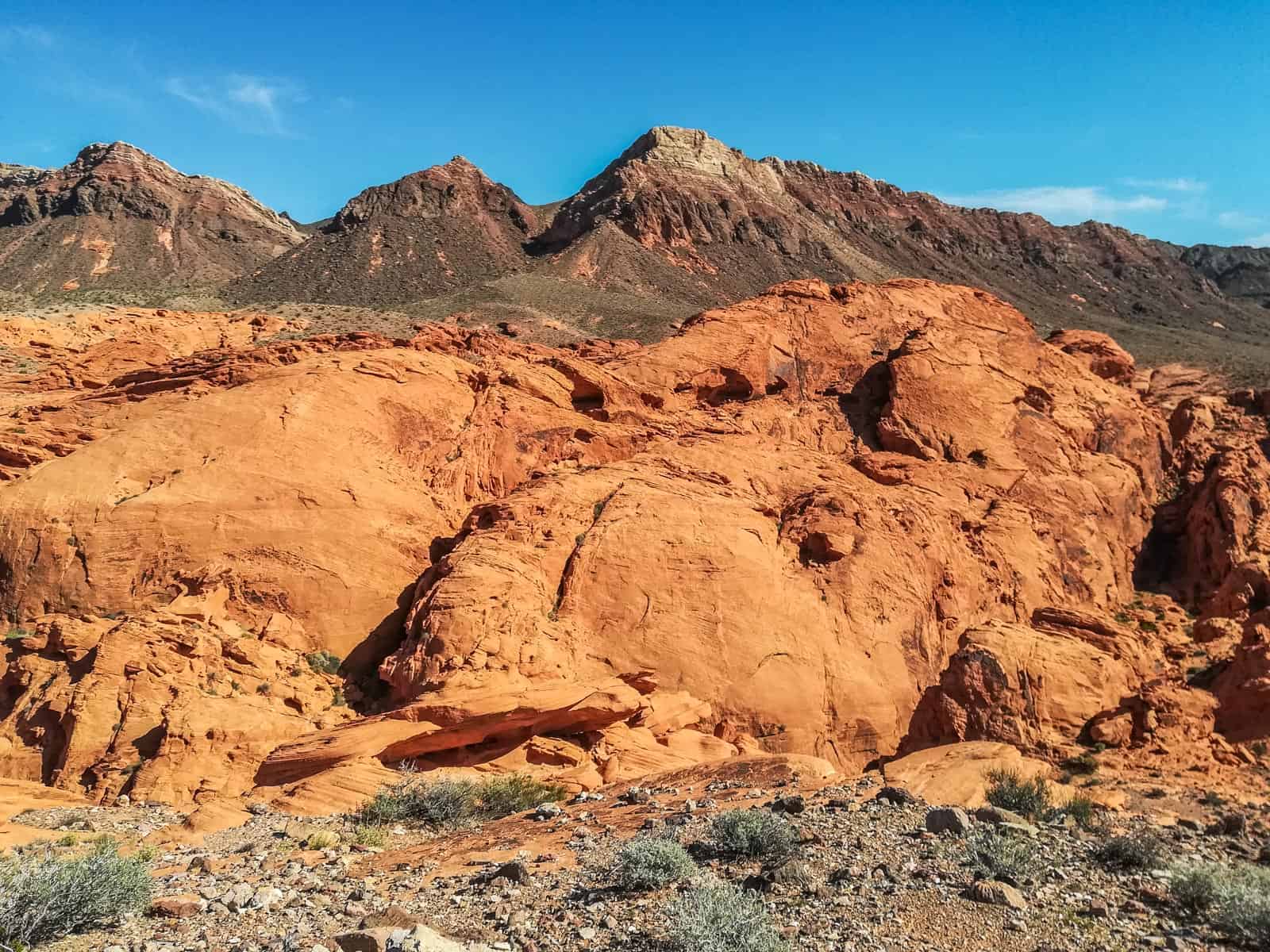
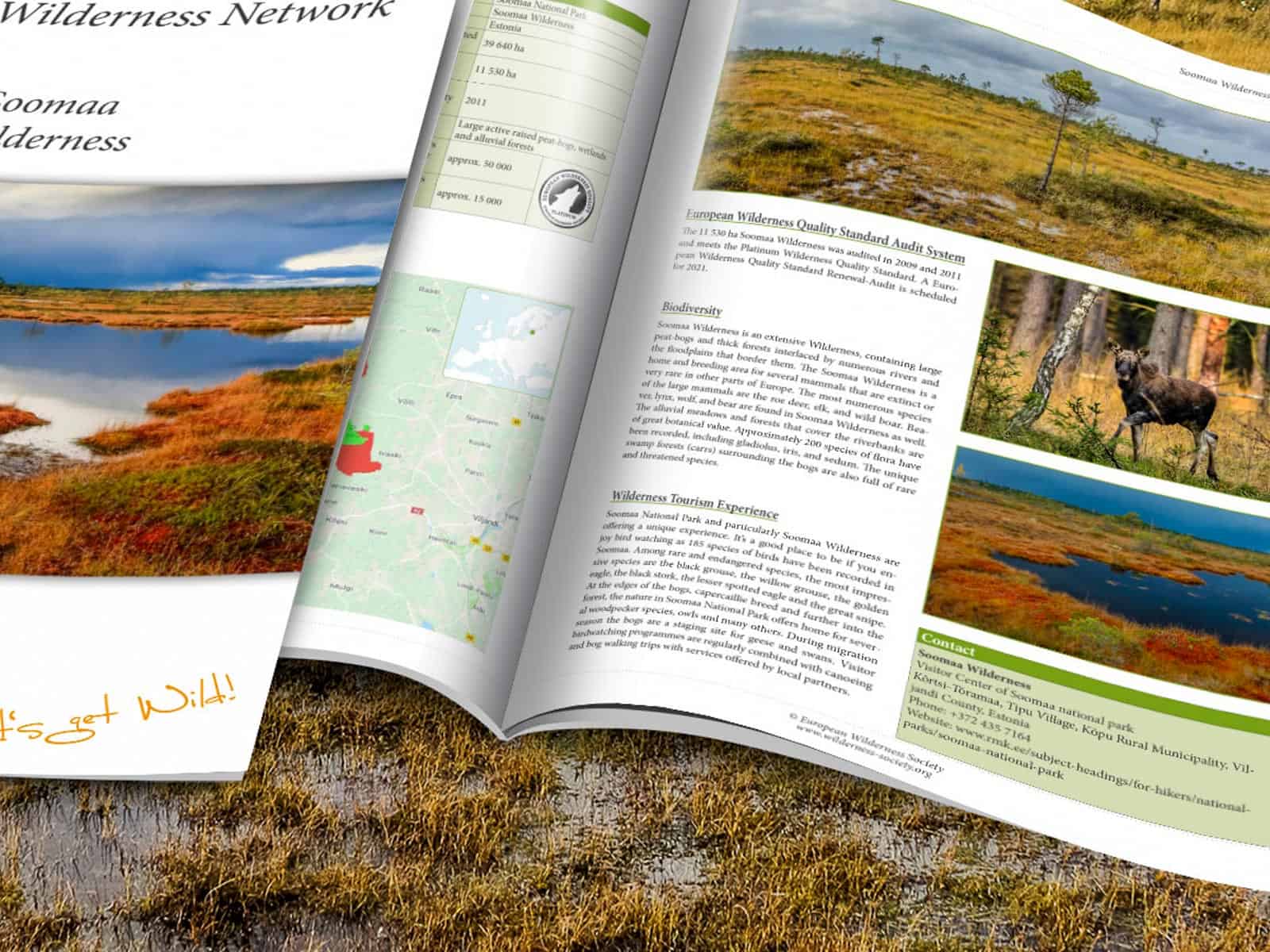
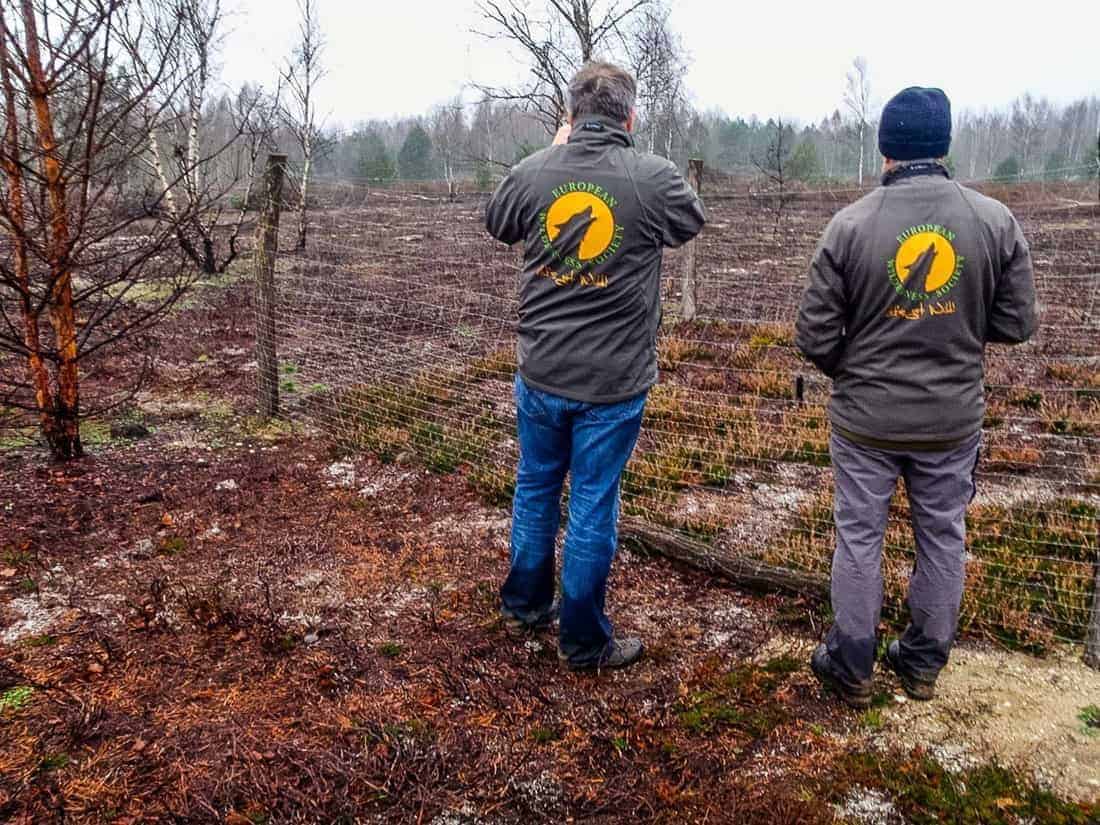
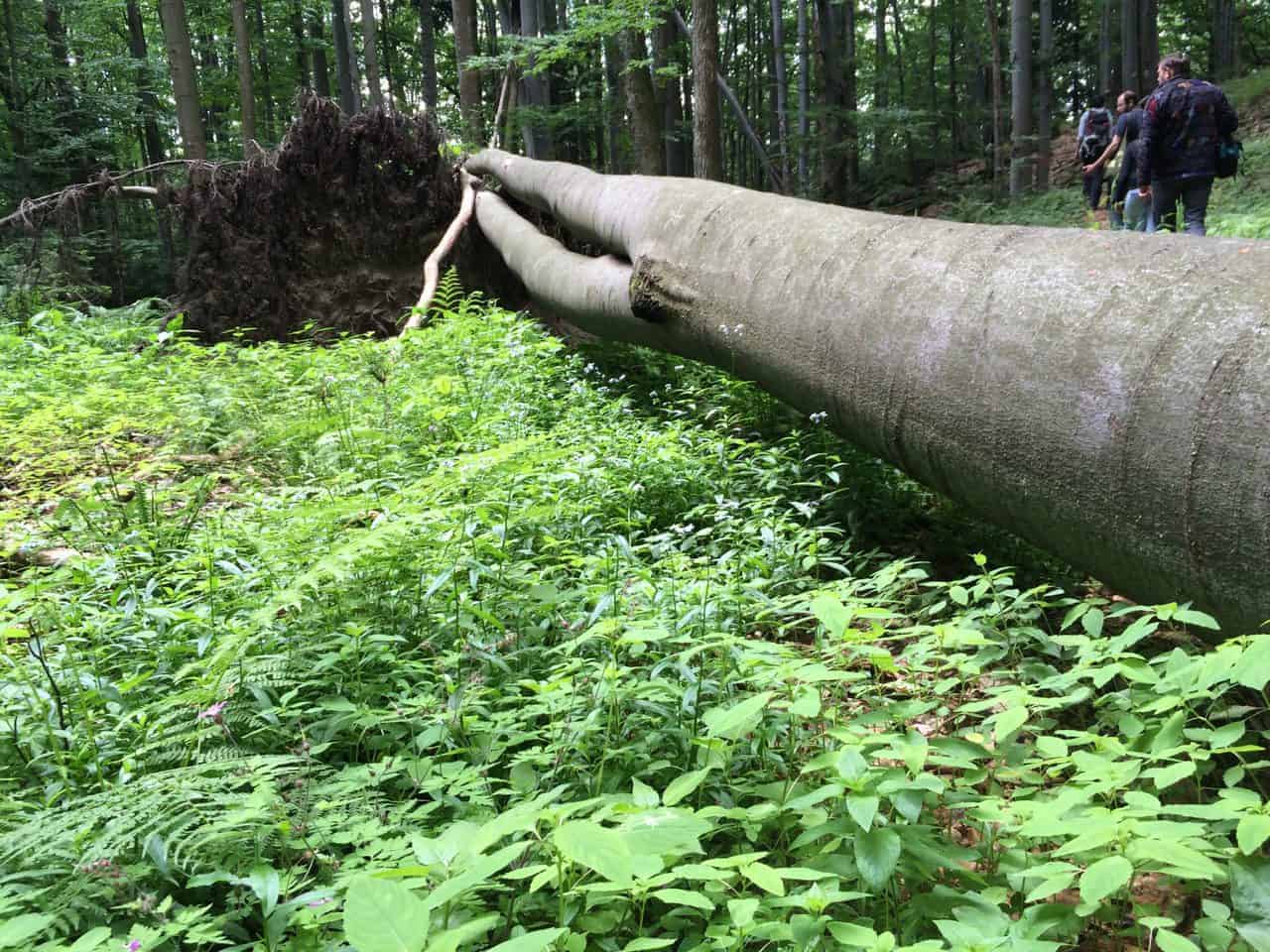
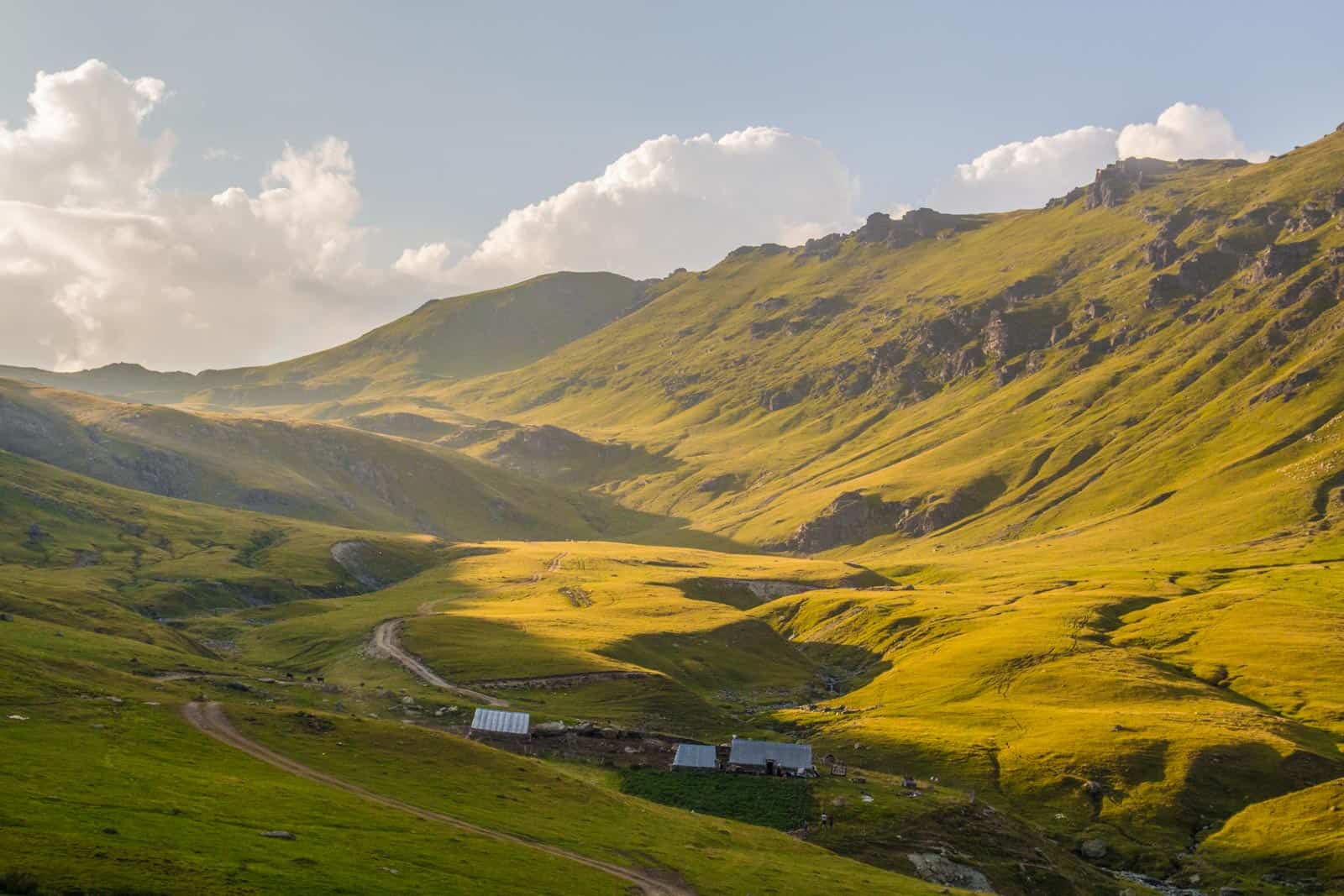
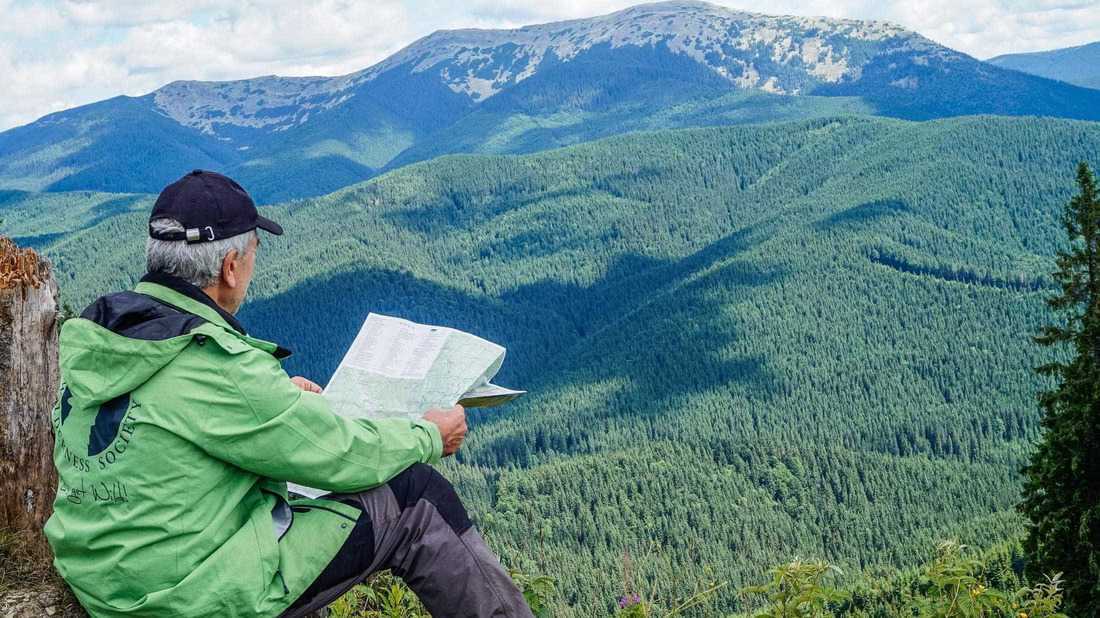
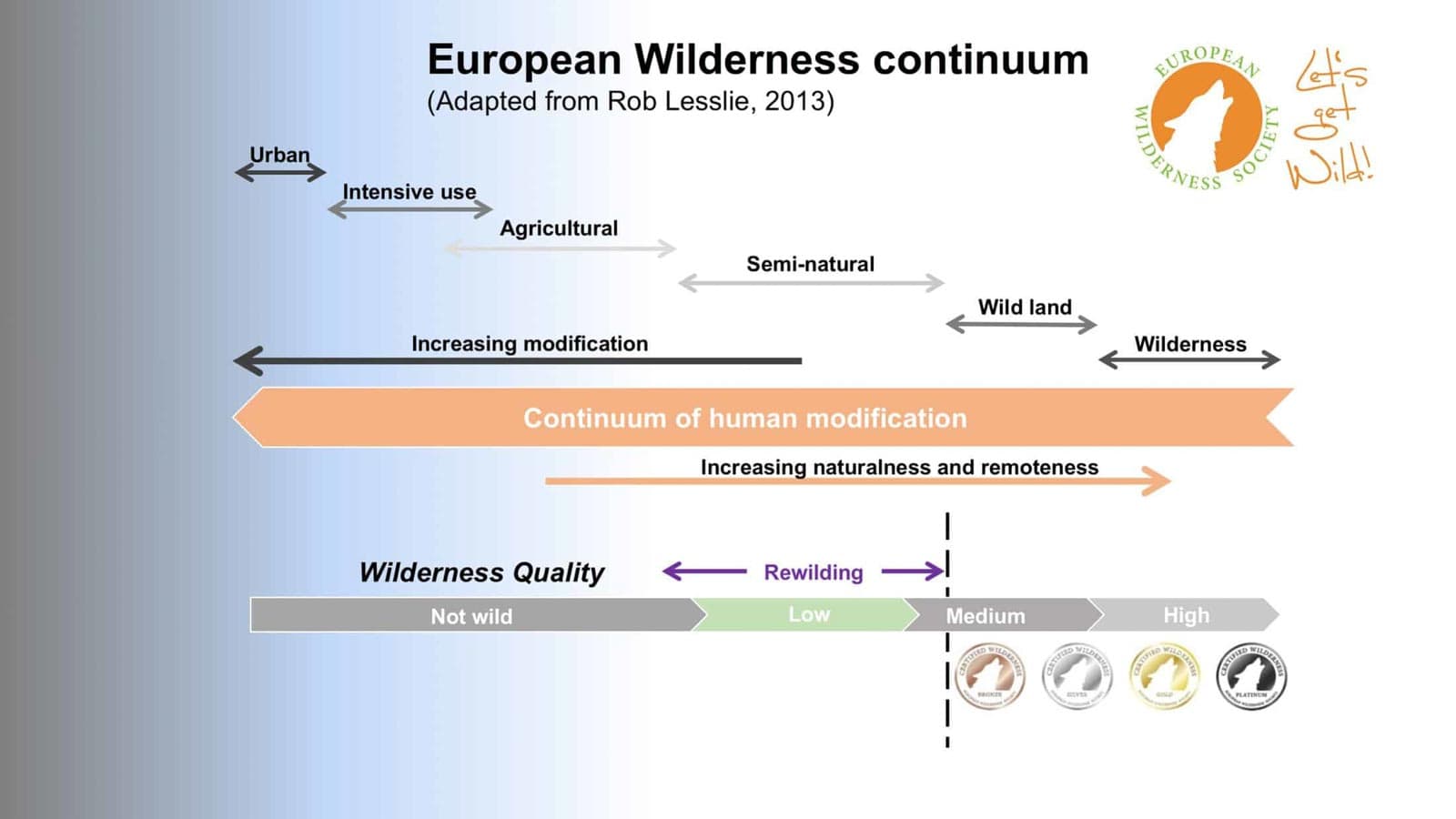
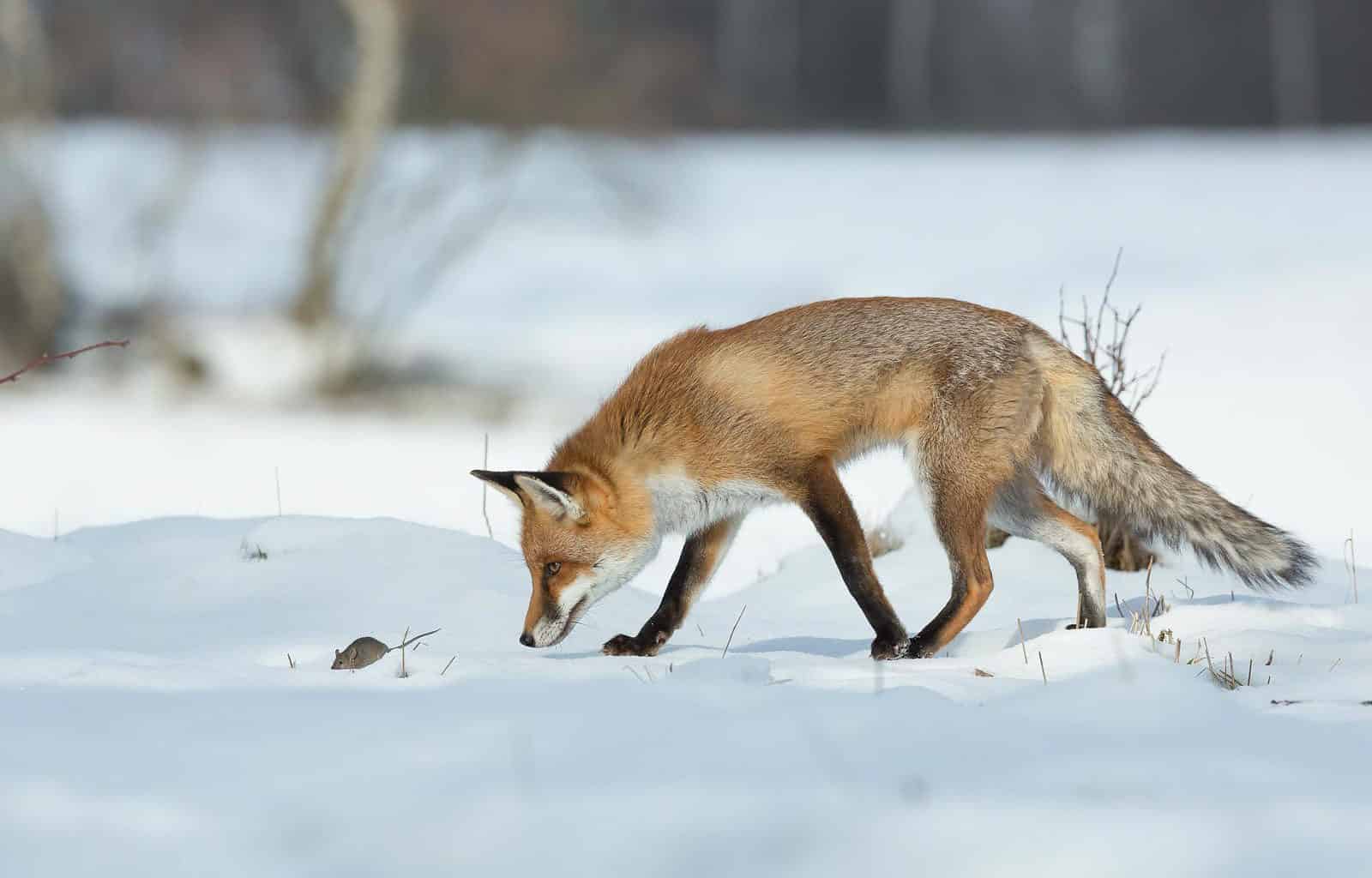
Hanna, I just emailed you. If you didn’t get it, let me know. I’d love to do something!
Dear Sean,
Many thanks for your comment, I thought you might pick up on this article! After this, more Abbey books are on my reading list. If you would be interested to participate in the Wilderness book club as guest author, maybe even about Abbey´s work, please do let me know, we would be delighted!
Sending the warmest regards to all of you!
Hanna, a great review of Desert Solitaire! One of my favorite things about Abbey is his vision of peaceful anarchism. This seems especially relevant because his view was that each community (or ecosystem) should create its own rules rather than these larger governing bodies.
I also love his focus on overpopulation, which he talks about in many of his books. Too many people eat up too many resources causing climate change and wilderness destruction.
I hope you all are great!